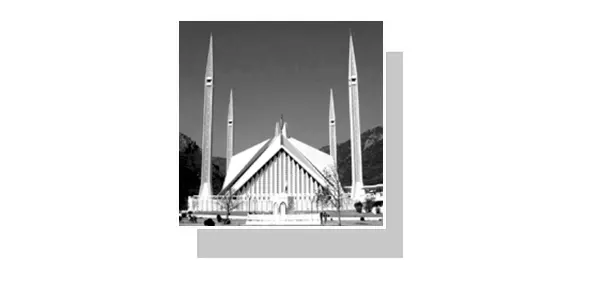Growing exchanges and interactions between religions and a stronger trend toward religious diversity are bringing about new opportunities and challenges to religious relations. On the one hand, as exchanges among different religions are becoming more frequent, more opportunities are provided to religions to conduct mutual learning and strengthen cooperation.
In the history of humanity, particularly in countries and regions in the East, we have already accumulated ample experience and wisdom regarding cultural diversity. On the other hand, challenges such as religious disputes or even conflicts are emerging even as the trend towards religious diversity is driving forward exchanges and cooperation.
In some countries and regions, religious distrust is growing almost as a result of religious diversification, aggravating people’s worries over new religious conflicts. Faced with opportunities and challenges, governments, religious communities, and other relevant parties need to shoulder responsibilities and advocate religious harmony, resolve religious disputes and conflicts, promote social harmony, and uphold world peace. Within a religion, it is important to approach issues of faith and doctrine with tolerance and enhance coordination and cooperation between different denominations.
When addressing inter-religious issues, we should respect and accommodate each other, enhance empathy through dialogue, and build trust through cooperation. In handling relations between religious groups and governments, we need to be committed to the freedom of religious belief and the separation of church and state. We need to ensure that religious groups and governments fulfill their respective obligations and promote virtuous interactions between them.
Religious communities should adapt to social progress and development by making self-readjustments, obeying secular laws, respecting public customs, and contributing to social development by putting into full play their unique advantages. Freedom of religious belief is a common consensus of the international community and also the precondition and foundation for religious harmony.
Without it, there will be no religious harmony to speak of. However, we are aware that freedom of religious belief alone does not preclude hatred or conflicts among religions. Religious harmony takes the freedom a step further to offer us a new vision with which to address religious disputes and conflicts. There are many ways to realize religious harmony, among which religious dialogue is an important one. Only when religious harmony is considered the highest spiritual objective can the dialogue have clear direction and inexhaustible drive.
We need to start from now, start with ourselves, start with small steps, and push towards this goal in an unyielding spirit. To promote religious harmony, we need to advocate the idea of “harmony without uniformity.” There is one saying in the Doctrine of the Mean of the Book of Rites which goes,” All things on earth grow together without one harming another and all doctrines in the world develop in parallel with each other without coming into conflict.” This is an accurate expression of “harmony without uniformity.” The idea of “harmony without uniformity”, a high spiritual accomplishment in itself, is the kernel of religious harmony.
The word “harmony” is of vital importance in the concept of “harmony without uniformity”, yet it is not realized by way of forced uniformity. On the contrary, it is achieved based on respecting diversity and differences in culture and faith. In cooking we make different flavors work together and in composing music we make different notes work together. If we force uniformity or use one religious culture to reshape another, the end product will surely be disputes or conflicts. The call for cultural diversity is more and more popular in today’s world.
Yet it is very difficult to realize. There are hopes that inspiration can be drawn from the Eastern culture, which champions uniformity-less harmony. To promote religious harmony, we must learn to respect each other. Religions of the world, large or small, old or new, are no better or worse than one another. Racism and cultural ego-centrism have no popular support. Yet it seems that few people dare to say anything on religious supremacy.
Religious equality and non-discrimination became a consensus long ago. The problem is that many things happening in reality are quite unsettling. Since Christian churches have bell towers, Islamic mosques should have their minarets. Laws, conventions, and other instruments alone cannot ensure real religious equality. Different religions need to learn to respect each other. Like people, religions also need to show due respect to each other.
When you threaten to burn the scriptures of another religion, you are lighting the flame of hatred and conflict. Without respect, dialogue and exchanges will be difficult. Without dialogue and exchanges, there will be no understanding or cooperation to speak of. One dead knot for interfaith dialogue is that each religion claims that it holds absolute truth and no truth exists beyond itself.
Promoting favorable interfaith relations and embracing the concept of “religious harmony” is one crucial step towards the building of a harmonious world of lasting peace and common prosperity. Religious harmony should be a fresh concept in our age of globalization to promote peace and co-existence around the Globe, especially in Pakistan.
—The Writer is a Ph.D. in Islamic Thought and culture from NUML Islamabad and the Author of Five Books and fifty Research Publications. He can be reached at [email protected]









